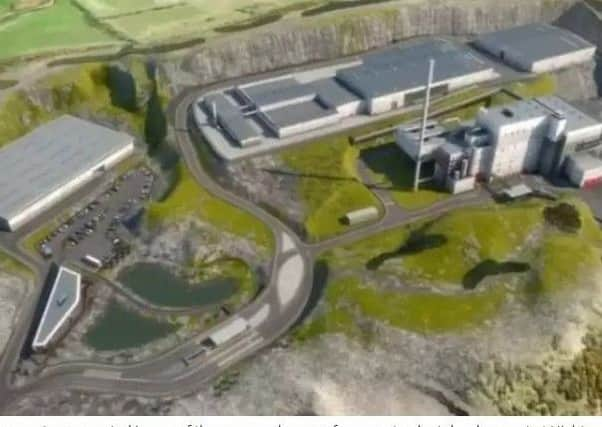Civil service to appeal incinerator court ruling


The head of Northern Ireland’s civil service said it was important that the law on what decisions can and cannot be taken in the absence of minister is clarified.
David Sterling said the granting of approval for the Arc21 Hightown incinerator was an example of the significant decisions being taken by civil servants without the oversight of democratically accountable ministers.
Advertisement
Hide AdAdvertisement
Hide AdAt the High Court in Belfast on Monday, a judge ruled that the Civil Service approval was “unlawful”.
Mrs Justice Keegan said a high-ranking civil servant did not have power to approve the £240m facility, and said the lack of a functioning Executive at Stormont was not “adequate justification”.
On Wednesday, Mr Sterling said: “Over the past 16 months, in the absence of ministers, civil servants have been taking departmental decisions on a number of issues so that public services can continue to be delivered as effectively as possible.
“We have been very clear that significant decisions about policy and the allocation of resources should be taken by democratically accountable ministers.
Advertisement
Hide AdAdvertisement
Hide Ad“But, in the absence of an Executive, civil servants have had to take the unusual step of taking decisions on some issues which would normally have been brought to ministers for decision.”
He added: “The Arc21 judgment has potentially wide-ranging implications for decision making in the ongoing absence of ministers. That is why it is important we obtain greater clarity on the legal position and why it is right for DfI to seek to appeal.”
South Antrim Sinn Fein MLA Declan Kearney said he was “disappointed” at the decision to appeal, describing it as running “counter to the public interest”.
He added: “Once again the Department for Infrastructure are on the wrong side of this issue. It should belatedly accept that fact and comply with the High Court judgment.”